Full Automatic Constant Pressure Variable Frequency Water Supply Equipment is a new generation of hi...
See DetailsWinery Operations: The Rise of Self-Priming Centrifugal Wine Pumps
Industry News-The global wine industry is undergoing a wave of modernization, driven by technological advancements that enhance efficiency, product quality, and sustainability. Among the critical innovations empowering this transformation is the Self-priming Centrifugal Wine Pump — a specialized pumping solution tailored to the unique demands of winery processes.
Why Self-priming Centrifugal Wine Pumps Matter in Modern Wineries
In winemaking, gentle handling of the product is to preserving delicate flavors, aromas, and clarity. Traditional pumping methods sometimes pose risks of oxygen introduction, excessive shear, or contamination, all of which can degrade wine quality. The advent of self-priming centrifugal pumps specifically designed for wine production addresses these challenges by combining operational ease with gentle fluid handling.
Self-priming capability means the pump can automatically evacuate air from the suction line and start pumping without the need for manual priming or external equipment. This feature is particularly valuable during frequent batch transfers, cleaning cycles, and tank-to-tank movements common in wineries.
Design Features Tailored for Wine Production
Sanitary Construction and Materials
These pumps are typically made with food-grade stainless steel and incorporate sanitary seals that meet stringent hygienic standards. Smooth internal surfaces and CIP (Clean-In-Place) compatibility minimize contamination risks and simplify cleaning processes, crucial for maintaining wine purity.
Gentle Handling with Low Shear
The centrifugal impeller design ensures turbulence and shear stress on the wine, protecting its integrity by preventing oxidation or foaming — key factors for preserving taste and bouquet.
Self-Priming Mechanism for Operational Flexibility
Unlike standard centrifugal pumps that require pre-filling, self-priming pumps handle air-liquid mixtures effectively. This reduces downtime during line changes and allows pumps to operate even if suction lines are partially emptied or contain entrained gases.
Compact, Energy-efficient Designs
Modern self-priming wine pumps boast compact footprints, making them ideal for limited winery spaces. Additionally, energy-efficient motor and hydraulic designs reduce power consumption, aligning with sustainability goals.
Transforming Wine Processing Stages
Harvest and Crushing
During harvest, grape must must be carefully transferred from crushers to fermentation tanks. Self-priming centrifugal wine pumps enable smooth transfer without damaging skins or seeds, which can negatively impact flavor profiles.
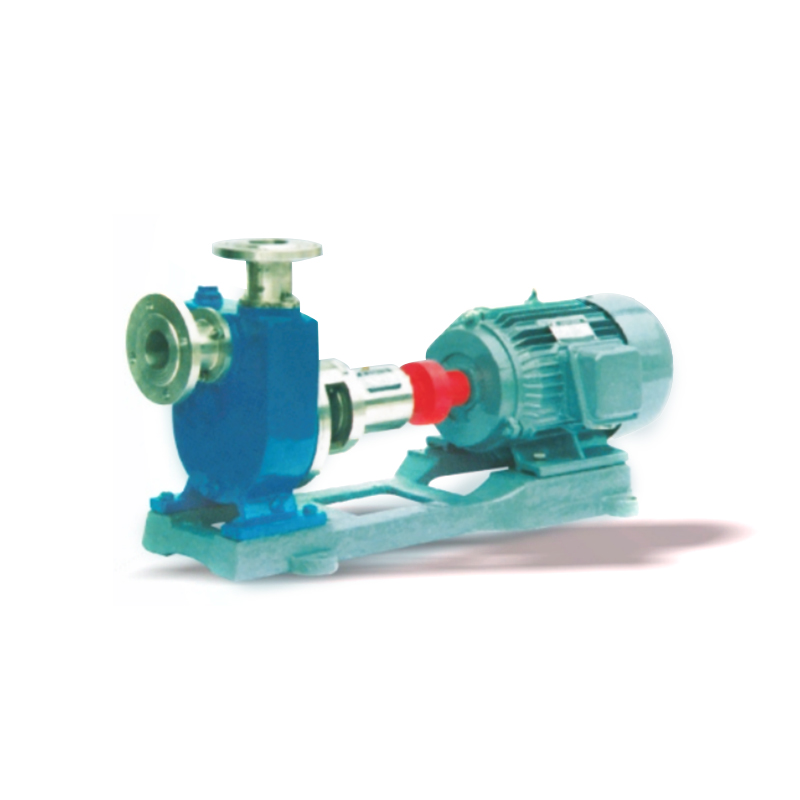
Fermentation Transfers
Moving fermenting must between tanks or to aging vessels requires gentle pumping to avoid disturbing yeast cells prematurely. These pumps maintain stable flow rates while ensuring product integrity.
Racking and Clarification
When separating wine from sediment, self-priming pumps enable controlled transfers that minimize oxygen exposure, preserving the wine’s clarity and aroma.
Bottling
During bottling, consistent pressure and flow ensure smooth filling operations without foaming or oxidation, critical for quality assurance.
Industry Adoption and Market Trends
Winemakers worldwide are increasingly adopting self-priming centrifugal wine pumps due to their ability to enhance operational efficiency and safeguard product quality. As wineries scale production and automate processes, these pumps integrate seamlessly with modern control systems, offering remote monitoring and automation compatibility.
The global market for specialized food and beverage pumps, including those for wineries, is projected to grow steadily, fueled by rising demand for wines and craft beverages. According to a recent report by AgriTech Analytics, the winery equipment segment is set to expand at a CAGR of 5.8% over the next five years, with pumps playing a pivotal role in this growth.
Expert Perspectives
Dr. Elena Martinez, a renowned enologist and consultant for boutique wineries, notes, “Selecting the right pumping equipment is crucial in winemaking. Self-priming centrifugal pumps strike the balance between operational convenience and product care. They minimize oxygen exposure and prevent damage to the wine’s delicate components.”
Similarly, John Carter, Engineering Manager at VinPump Solutions, highlights, “Our clients appreciate the flexibility of self-priming pumps during the hectic harvest season when frequent transfers and rapid cleaning are necessary. The reduction in manual priming and ease of cleaning translate directly into cost savings and higher throughput.”


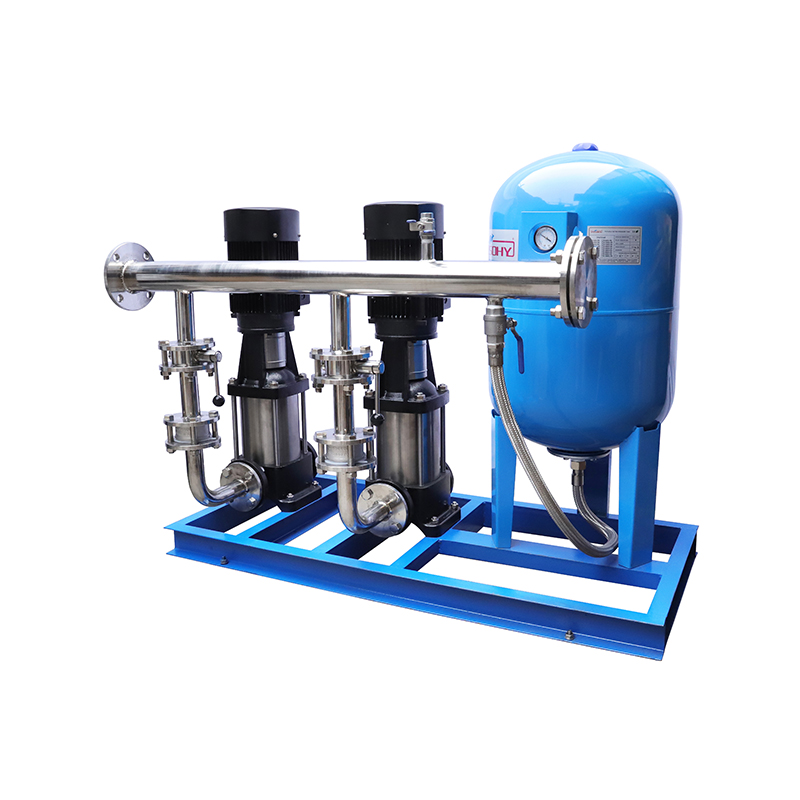
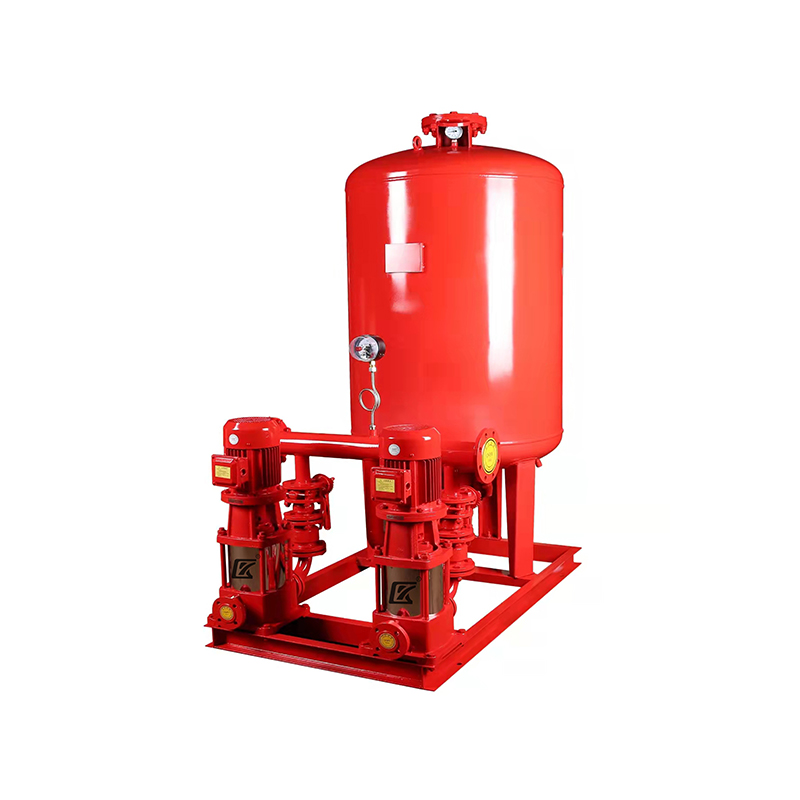
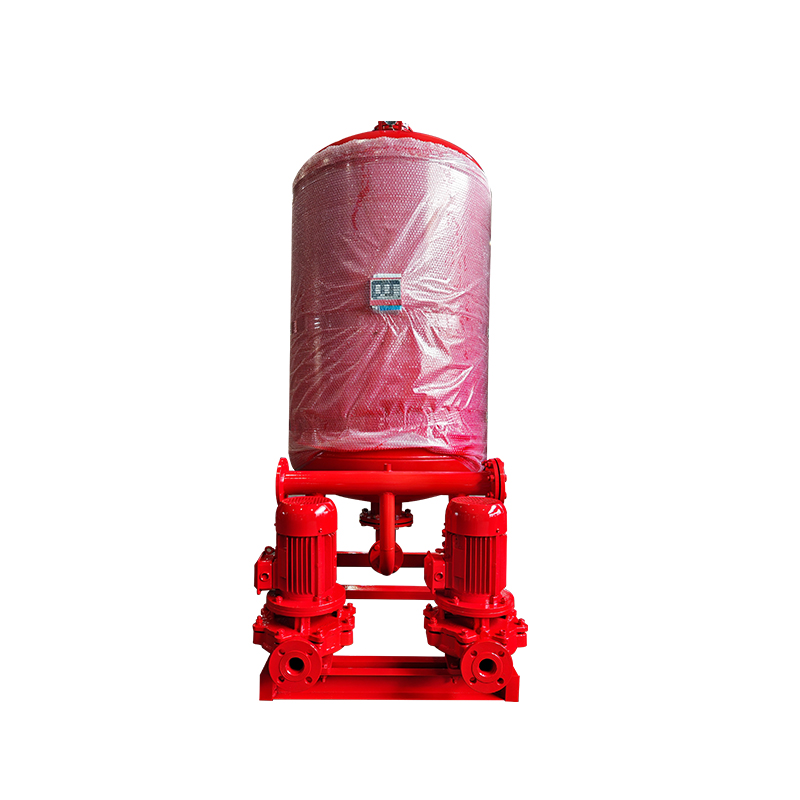

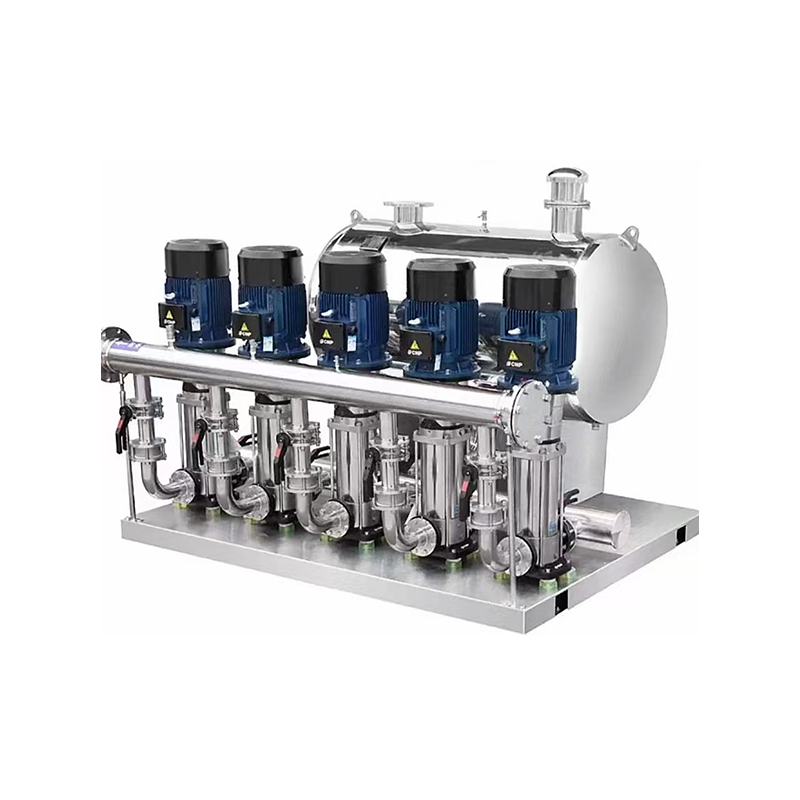
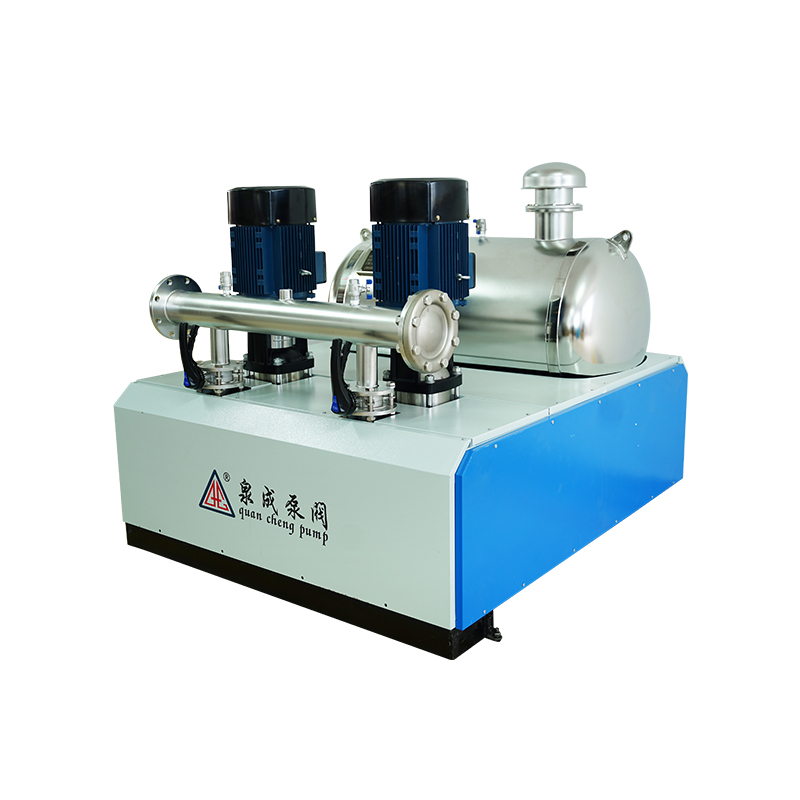
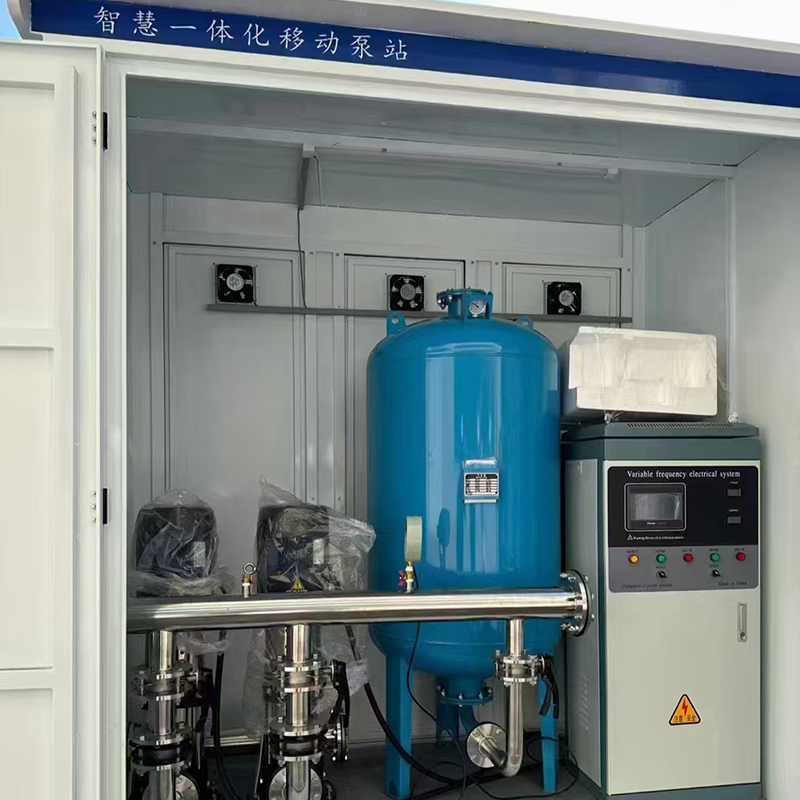
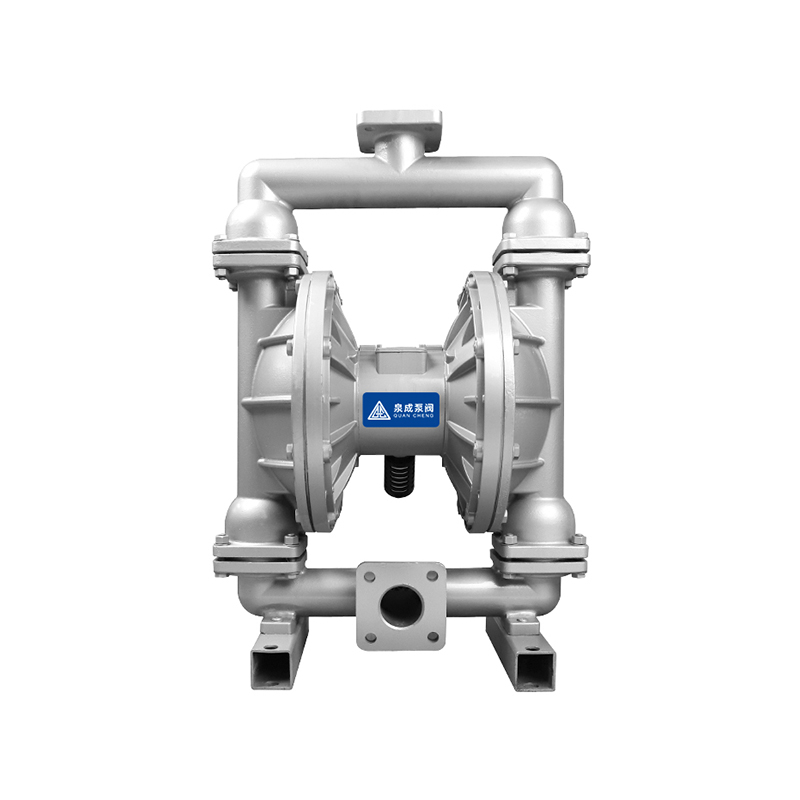
 浙公网安备33032402001888号
浙公网安备33032402001888号
